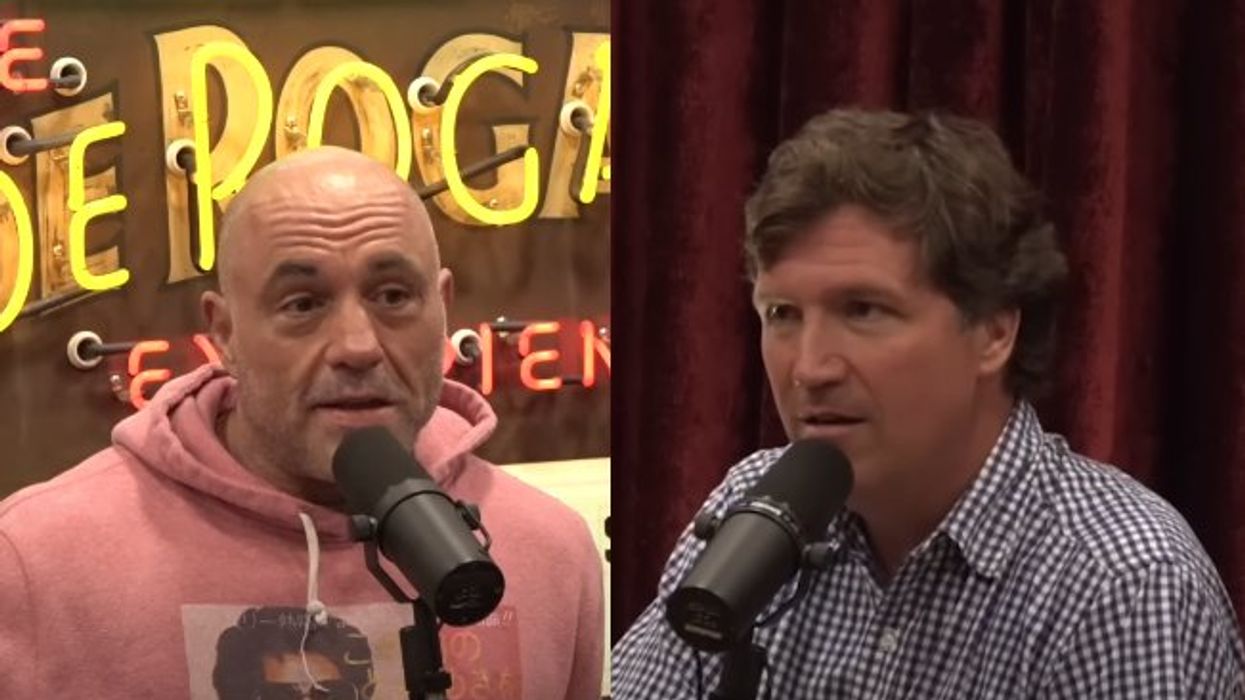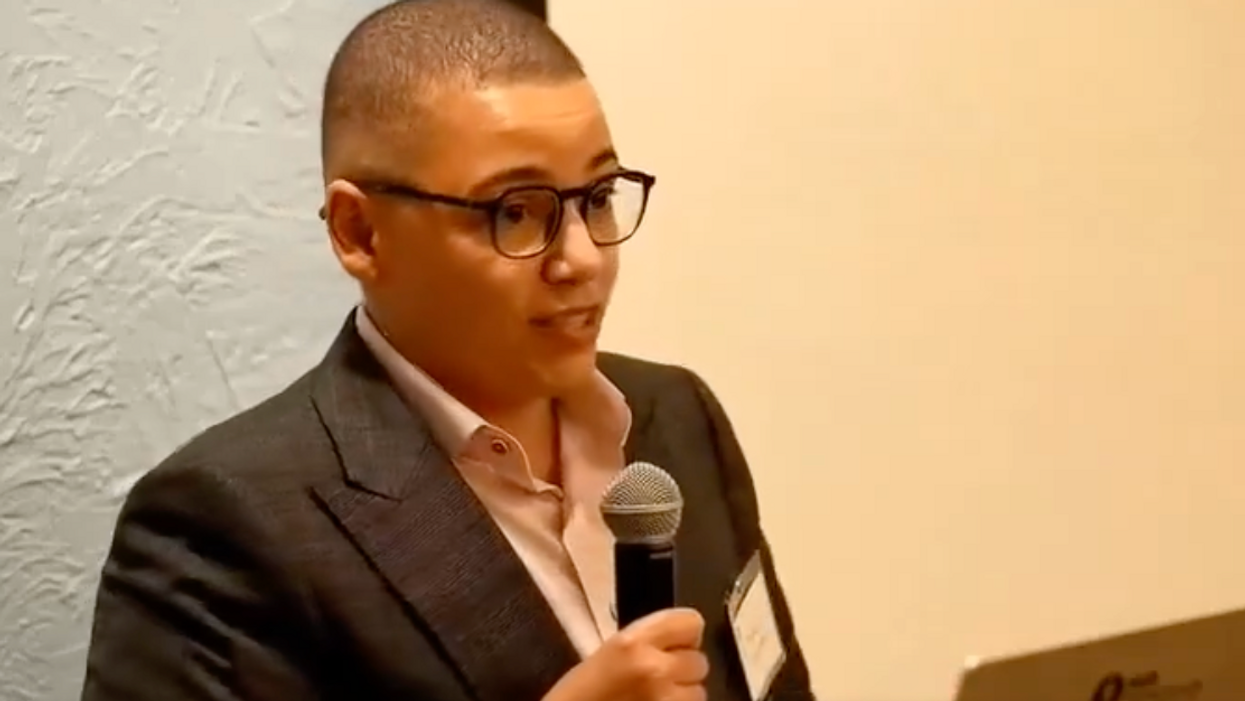In July of 1990 John Chubb and Terry Moe published a book on American education entitled "Politics, Markets, and America’s Schools." School systems across the country were increasing their spending with nothing to show for it. Between 1981 and 1986 per pupil spending on elementary and secondary education went up 40 percent. We were spending four times as much per child (in real terms) as we did in 1950. In the first half of the 1980s teacher’s salary increases exceeded every other occupational group in the country.
Chubb and Moe selected 500 schools at random and, during the course of four years, examined data from 10,000 students and 12,000 teachers plus 500 principals.
When teachers from successful systems were asked about their goals they all shared the same vision. They understood where the principal was leading and shared in the pursuit of those goals. They felt part of the decision making process.
The failing schools were bound by regulations and were constructed on hierarchy. The teachers routinely talked about their pay and retirement.
 Treadwell Elementary School music teacher Ed Murray leads kindergarten students as they dance and sing songs in English and Spanish in Memphis, Tenn. Friday, Jan. 10, 2014. (AP Photo/The Commercial Appeal, Brandon Dill)
Treadwell Elementary School music teacher Ed Murray leads kindergarten students as they dance and sing songs in English and Spanish in Memphis, Tenn. Friday, Jan. 10, 2014. (AP Photo/The Commercial Appeal, Brandon Dill)
Chubb and Moe concluded that the main criteria by which schools are evaluated – per pupil expenditure, teacher pay and class room size – were irrelevant.
What mattered was how much local autonomy from bureaucratic oversight the school enjoyed. The principals with the authority to hire and fire and lead succeeded. The schools that were jumping through bureaucratic hoops failed.
East Harlem District 4 in New York City was a striking example. The system was failing. The dropout rate was nearly 60 percent and they had only three city scholars a year. A frustrated superintendent divided the system up into several schools and told the principals and teachers that they had to go out and recruit a student body. Those who failed were out of a job.
Beginning in 1974, they oversaw the creation of an expanding number of alternative schools built around distinctive themes, philosophies, and programs. A given building might house a number of very different schools, each with its own student body, staff and leader. East Harlem District 4 was soon leading in producing city scholars.
Charter schools were looked at as a way to get decisions back to the local school and return the influence of the parents. They are designed to fill a niche between private schools and public schools with some public funding and more autonomy at the school level. Charter schools receive taxpayer funds for operating expenses, but are independently managed.
 New York City Mayor Bill de Blasio listens to a question while testifying before a joint legislative budget hearing on Monday, Jan. 27, 2014, in Albany, N.Y. De Blasio is urging state lawmakers to support his proposed tax hike on wealthy city residents to pay for universal prekindergarten. (AP Photo/Mike Groll) AP Photo/Mike Groll
New York City Mayor Bill de Blasio listens to a question while testifying before a joint legislative budget hearing on Monday, Jan. 27, 2014, in Albany, N.Y. De Blasio is urging state lawmakers to support his proposed tax hike on wealthy city residents to pay for universal prekindergarten. (AP Photo/Mike Groll) AP Photo/Mike Groll
Teacher’s unions began viewing alternative education regimes as unwelcome competition, especially since home schooled children and those from charter schools were testing better than those in established government schools. The National Education Association even went so far as to try to limit participation in the National Spelling bee to children from public schools. Home schooled students were winning too often.
Now enter the newly elected New York Mayor Bill de Blasio. The United Federation of Teachers worked hard to get him elected and they are demanding that he stop the expansion of charter schools. Mr. de Blasio is cancelling two new charter schools that had been approved by his predecessor for Success Academy Harlem 4. He is acting to close down another.
Success Academy students boast some of the highest math scores in New York State. Last year 82 percent of their students passed citywide mathematics exams compared to 30 percent of the students in the city as a whole. These kids are not the children of wealth. Ninety three percent of students in charter schools in New York City are minorities and 73 percent are from low-income families.
There is a story about Albert Shanker, the long time president of the United Federation of Teachers that the students might take to heart. During a meeting, a lady is reported to have said to him, “You have been talking about education for an hour and you haven’t mentioned the children.”
His response? “When they start paying union dues I’ll mention them.”
Perhaps the students in Success Academy Harlem 4 should start paying union dues.
John Linder served in Congress for 18 years from Georgia. He and his wife, Lynne, have retired to a farm in Northeast Mississippi. He can be contacted at: linderje@yahoo.com
 –
–
TheBlaze contributor channel supports an open discourse on a range of views. The opinions expressed in this channel are solely those of each individual author.

 Treadwell Elementary School music teacher Ed Murray leads kindergarten students as they dance and sing songs in English and Spanish in Memphis, Tenn. Friday, Jan. 10, 2014. (AP Photo/The Commercial Appeal, Brandon Dill)
Treadwell Elementary School music teacher Ed Murray leads kindergarten students as they dance and sing songs in English and Spanish in Memphis, Tenn. Friday, Jan. 10, 2014. (AP Photo/The Commercial Appeal, Brandon Dill)
 New York City Mayor Bill de Blasio listens to a question while testifying before a joint legislative budget hearing on Monday, Jan. 27, 2014, in Albany, N.Y. De Blasio is urging state lawmakers to support his proposed tax hike on wealthy city residents to pay for universal prekindergarten. (AP Photo/Mike Groll) AP Photo/Mike Groll
New York City Mayor Bill de Blasio listens to a question while testifying before a joint legislative budget hearing on Monday, Jan. 27, 2014, in Albany, N.Y. De Blasio is urging state lawmakers to support his proposed tax hike on wealthy city residents to pay for universal prekindergarten. (AP Photo/Mike Groll) AP Photo/Mike Groll


